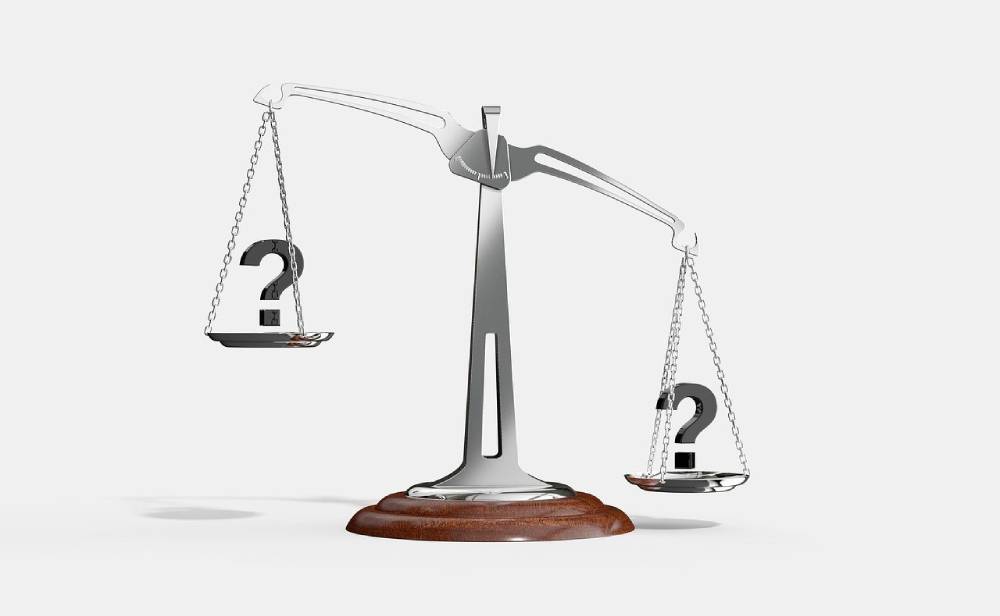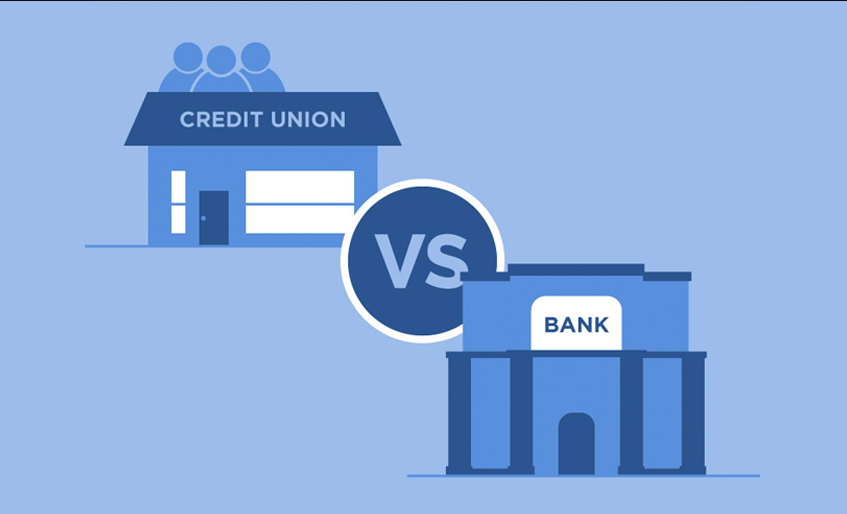How Divorce Impacts Your Credit Score
Divorce is a major change that can affect many aspects of your life, including your financial habits and responsibilities. Although you will have to make many important decisions during this process, it is a good idea to keep a close eye on your credit score as well.
Of course, it is always important to monitor your credit score regardless of your marital status, but 42% of men and 54% of women say that their credit score decreased after divorce. However, the process of getting a divorce does not naturally lower your score, but your financial obligations may change.
Does Divorce Lower Your Credit Score?

Your credit report does not say if you are married, single, or divorced, so changing your marital status will not affect your credit. However, how you handle any shared accounts with your ex-spouse can affect your credit report and both.
Shared accounts will still appear on your credit report.
Accounts are reported to everyone associated with it, so if you are listed as a co-owner, cosigner, or authorized user, you should deal with this account before the divorce. This means closing the account altogether or otherwise making sure that your name or your ex-partners have been completely removed from the account. As long as the account is open with both of your names, you are both legally responsible for it, regardless of what other agreements say.
How divorce can affect your credit score

Missing out on mutual debt.
The process of divorce can be emotionally demanding. As a result, it may be easier to forget about your credit card bill or car loan payment. But there is an even bigger reason why you could accidentally miss out on paying off any debt you and your partner have.
“Couples get a joint credit card, a mortgage, a car loan, and some other joint loans,” said Jim Drake, president of Illinois Credit Services. “During a marital settlement agreement, a judge decides who will be responsible for the specific payments of the loan. But even if your spouse is asked to pay on your shared credit card, a loan in the eyes of the payer, both of you are still responsible because the credit was given to both of you.
Droske says people think they no longer have to pay off some common debt because a judge has assigned that responsibility to their spouse. But if the debt is still on your credit report and your spouse is in arrears, it can still affect your credit score.
Because of this, it is important that you always be aware of what is in your credit report. You can use a free service like Experian to check your credit report and credit score, regardless of whether you are going through a divorce or not. This will help you find out which loans and credit cards are under your name and where possible payments may be missing and/or delayed.
Once you know what’s in your credit report, it’s a good idea to make the minimum payment on time.
“A lot of people get angry during a divorce and they don’t want to pay the financial obligations with their partner,” Drosky said. “If you know what is in your credit report, whatever it is, make sure that the minimum payments are made otherwise, you are endangering your credit.”
Closing shared credit cards
Closing a credit card can affect your credit usage ratio, regardless of your marital status. When you close the card, you are reducing the total amount of credit you have available.
So let’s say you have two credit cards, each with a limit of $ 10,000, which gives you a total of $ 20,000 available credit. If you spend 000 5000 on a single card, you are only using 25% of your total credit. But if you close a card, your total available credit will be reduced to $ 10,000. Although you haven’t spent much money, your usage is now 50%, and too much use can lower your credit score.
When it comes to divorce, couples generally do not want to maintain a common credit card after separation. So just keep in mind that closing a shared credit card can lower your credit score as it can affect your credit usage.
Brett Holzhauer, a reporter for the Select team, managed to maintain his credit score without any effect after the divorce because the majority of credit cards were in his name. However, he notes that if you cancel a card between you and your partner and your score drops, starting with healthy credit gives you more flexibility to take that hit.
Removing as an authorized user on your partner’s credit card
An authorized user is an additional cardholder on someone else’s credit card account. Even if you are not obligated to pay your partner’s credit card bill, having an authorized customer on their credit card can improve your credit score if they spend responsibly and consistently. , Pay on time. This can be especially useful for spouses who do not already have an open account on their credit report.
However, if you are removed as an authorized user on your spouse’s credit card (s), your credit usage may be affected and you may see a decrease in your credit score.
How do I protect my credit during a divorce?
Going through a divorce means you are starting a new chapter yourself, so having a strong credit history is as important as ever. Here are some ways to help protect your credit during a divorce:
- If possible, maintain a civil relationship during the divorce process to avoid the consequences of a divisive split. The best possible way is to work together to pay off and close existing joint accounts.
- If it is not possible to make the payment and close the account, try changing the account to an individual account. Contact each lender and explore the options available with that lender.
- Even if you think the account is only in your name, double-check with the lender to make sure your spouse is not listed as an authorized user. If they are, make sure their name has been removed.
The most important thing is to make sure that the payment for any joint account is on time as long as your name is on it. Doing so will help you to have a clean separation without the financial burden that can haunt you even after the divorce is finalized.
It is often important to check your credit reports?
You want to protect your credit, especially when you are undergoing major changes in your life. One key to protecting your credit is to monitor your credit reports frequently. You are entitled to a free report from each of the three credit reporting companies once every 12 months through AnnualCreditReport.com. You can also check your Experian credit report and credit score for free at any time. Doing so will help you keep your credit in good shape and ensure that there are no surprises when you enter a new phase in your life.




